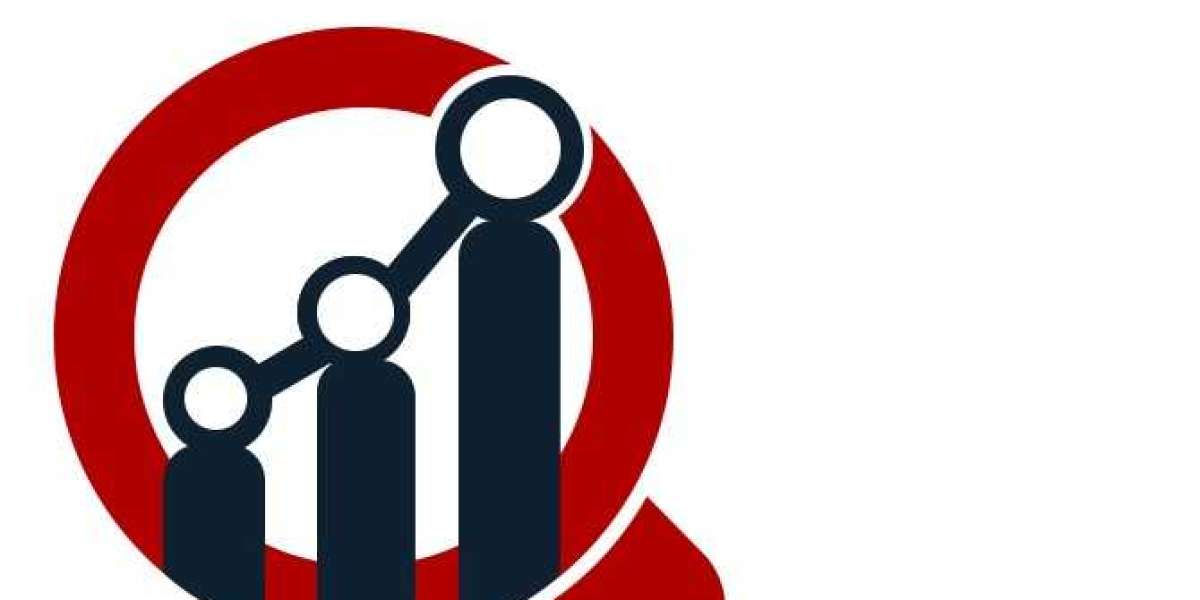Life skills are essential to a successful recovery. They provide the tools you need to cope with difficult situations and emotions. These skills include self-care, navigating relationships, and making responsible choices.
In drug and alcohol rehab, there is an opportunity to develop your life skills through group therapy sessions and by participating in various activities. These activities include learning new ways to manage stress, cultivating healthy relationships, and developing positive thinking patterns. The skills you learn can help prevent substance abuse relapse in the future, but they also help you deal with the challenges that come up after treatment.
Cultivating Healthy Relationships
In recovery, a lot of attention is given to building positive relationships with family members and friends. But it’s equally important to build new, healthy relationships with people you don’t know. This is why life skills training is a valuable part of addiction recovery programs. Life skills training can teach you how to communicate effectively and empathize with others. It can also show you how to practice healthy coping strategies that reduce stress and promote emotional well-being, such as meditation, yoga, massage, and deep breathing.
Handling Financial Responsibilities
Life skill development can also include learning how to manage your finances and create a savings plan for the future. There’s a good chance that your substance use caused you to lose control of your money, and life skills training can help you get back on track by teaching you how to budget and make smart financial decisions. It may take time to master these skills, but if you remain diligent in your sobriety, they will become a natural part of your daily routine.
Finding and Maintaining a Job
Life skills training can help you prepare for employment when you finish treatment. This includes learning how to write a resume, network with potential employers, and interview successfully. It can also teach you how to set goals and achieve them, as well as how to balance work and home responsibilities. It can be challenging to find a job in recovery, but with the right preparation and support, it’s possible.
Practicing Self-Care
Addiction takes a toll on both the body and mind. While in recovery, it’s important to learn how to care for yourself emotionally and physically. This means establishing healthy sleeping and eating habits, practicing self-care, and engaging in regular exercise. It’s also important to take the time to connect with your spirituality and attend peer support groups such as Alcoholics Anonymous, Narcotics Anonymous, or SMART Recovery.
Life skills are an important part of addiction recovery and should be included in any comprehensive treatment program. If your treatment center does not offer this training, you should seek out a program that does. These skills will provide you with the tools you need to successfully recover from your addiction and continue sobriety long-term. Contact Steps Recovery Centers today to get started on your recovery journey. We’re here to help you every step of the way!






